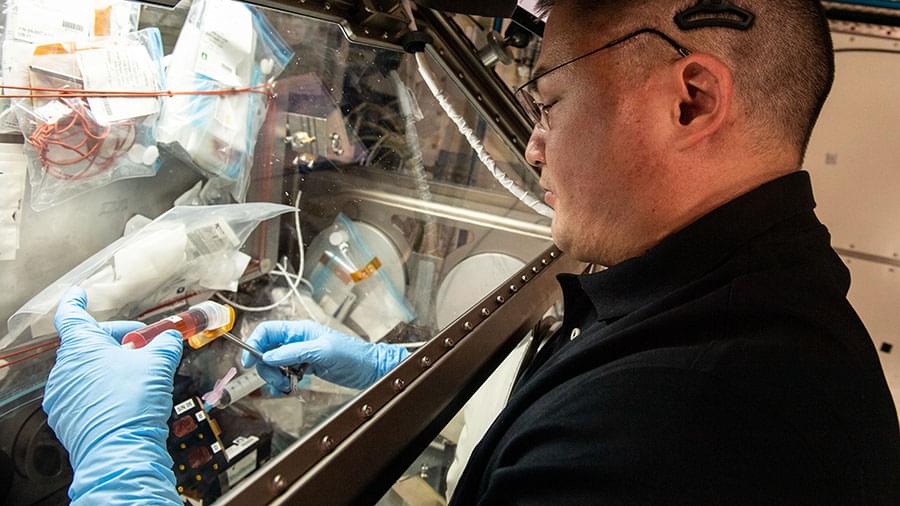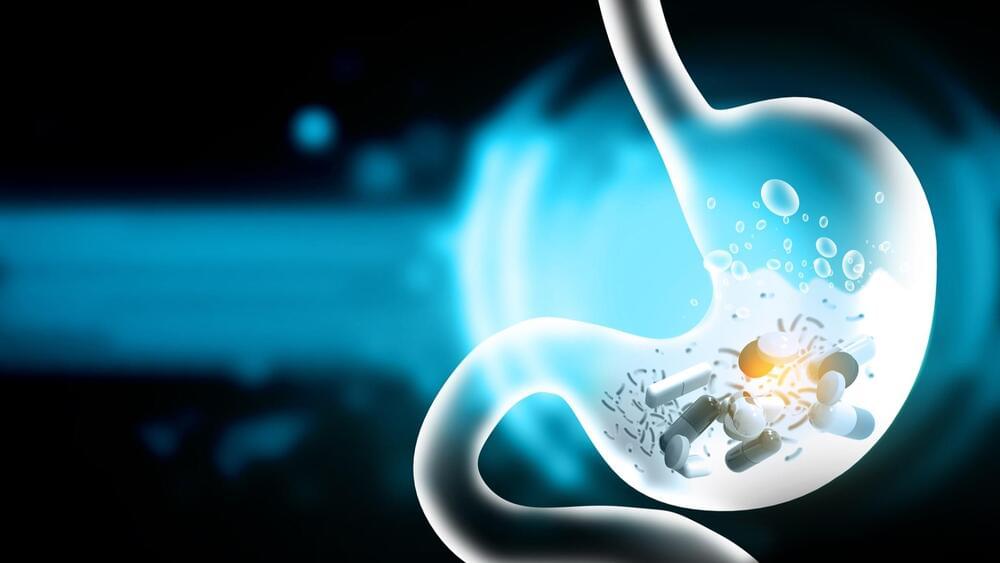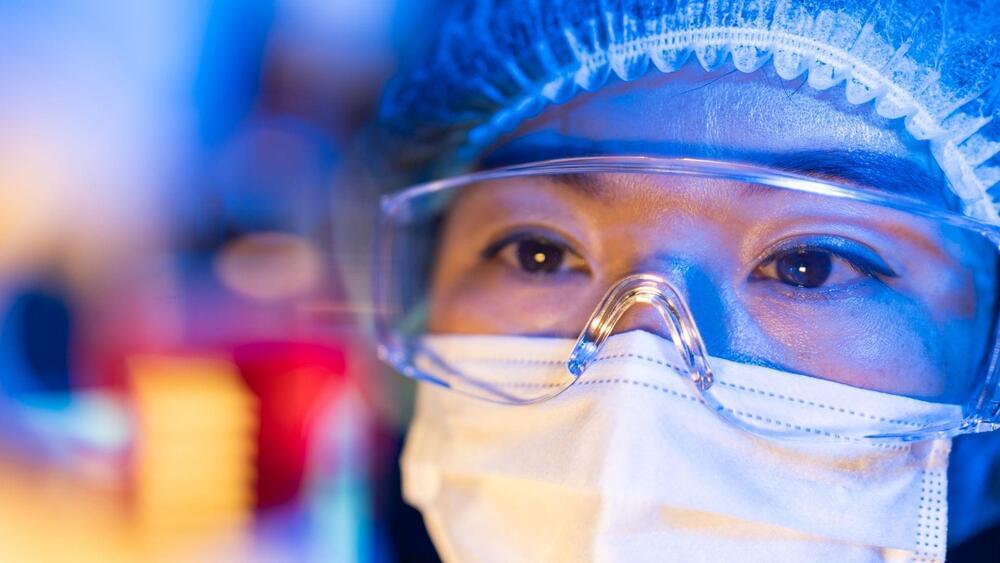Aug 16, 2022
Biology, Botany Research on Station Promoting Healthy Humans
Posted by Wise Technology in categories: biotech/medical, futurism
Understanding how microgravity affects humans and plants is key to supporting not only astronauts on long-term space missions but also improving life on Earth. The Expedition 67 crew explored those very subjects today while also working on U.S. cargo activities and checking Russian spacewalking gear aboard the International Space Station.
NASA Flight Engineers Kjell Lindgren and Bob Hines worked a pair of different experiments on Tuesday with benefits for humans living on and off the Earth. Lindgren processed samples and explored how the immune system ages in microgravity to learn how to keep astronauts healthy on long term missions and treat immunity conditions on Earth. The two-time station visitor conducted the unique research operations using the Life Science Glovebox located in the Kibo laboratory module.
Hines replaced life support components inside the Plant Habitat, a space botany research device helping NASA and its international partners learn how to sustain crews on future missions to the Moon, Mars, and beyond. He worked in the Harmony module swapping carbon dioxide bottles and filters inside the Plant Habitat ensuring ongoing commercial and fundamental plant experiments in weightlessness.


















